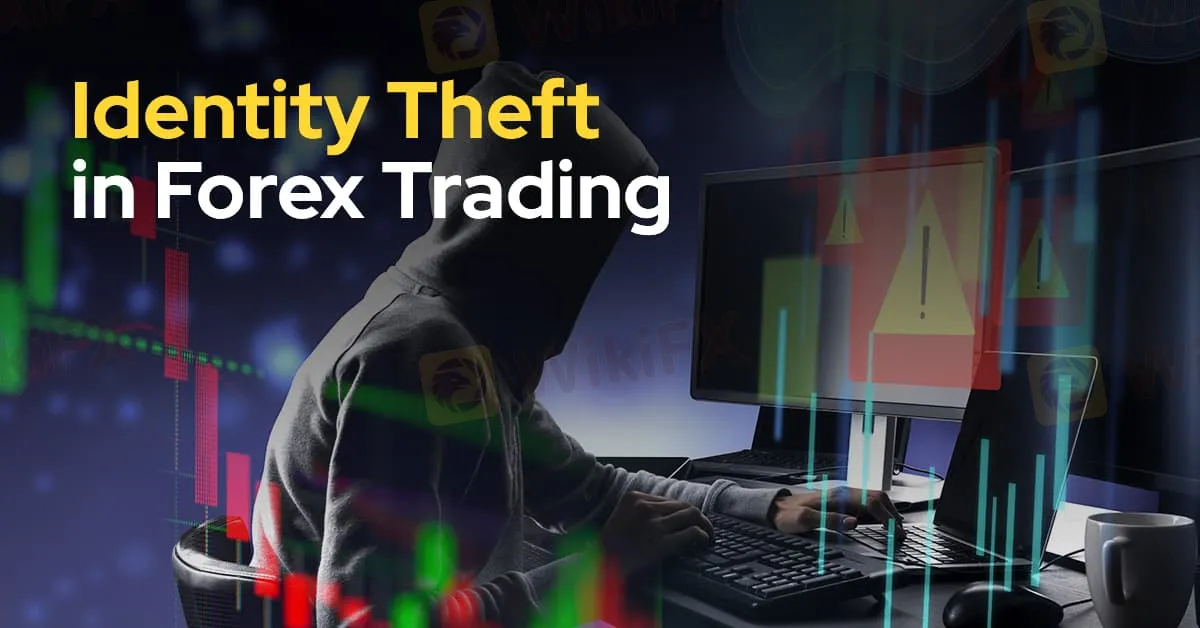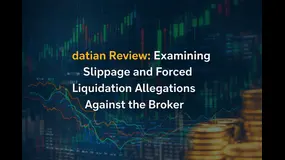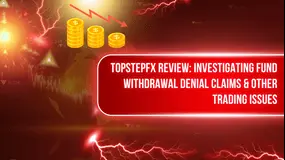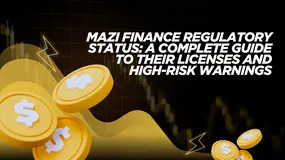WikiFX Valentine's Message | Trade Safely, Together Every Step of the Way
In the Forex Market, Trust Is Not a Promise — It’s Verified Through Safety, Transparency, and Support
简体中文
繁體中文
English
Pусский
日本語
ภาษาไทย
Tiếng Việt
Bahasa Indonesia
Español
हिन्दी
Filippiiniläinen
Français
Deutsch
Português
Türkçe
한국어
العربية
Abstract:Identity theft is a critical issue affecting various sectors, and the forex trading industry is no exception.

Identity theft is a critical issue affecting various sectors, and the forex trading industry is no exception. This form of fraud involves the unauthorized use of someone's personal information, such as their name, address, date of birth, and financial details, to open a forex trading account or carry out fraudulent transactions. As the forex market grows and evolves, so do the tactics employed by fraudsters to exploit vulnerabilities.
How Identity Theft Occurs in Forex Trading
Fraudsters use a variety of methods to obtain personal information, including:
Phishing Scams: Fraudsters may send deceptive emails or messages that appear to be from legitimate forex companies or financial institutions. These communications often include links to fake websites designed to collect personal and financial information.
Social Engineering: Scammers may use psychological manipulation to trick individuals into revealing sensitive information. This could involve pretending to be someone the victim knows or creating a sense of urgency to prompt the victim to disclose their details.
Data Breaches: Large-scale data breaches can expose vast amounts of personal information. When hackers gain access to databases containing sensitive data, they may use this information to commit identity theft in the forex sector.
Risks to Forex Companies
Forex companies face significant risks due to identity theft:
Opening Fraudulent Accounts: Fraudsters can open trading accounts using stolen identities. Once an account is established, they may execute unauthorized trades, manipulate markets, or withdraw funds fraudulently. This not only causes financial losses but also damages the company's reputation.
Fraudulent Transactions: With access to a victim's personal information, fraudsters may carry out fraudulent transactions that can disrupt trading activities and result in financial losses for both the company and its legitimate clients.
False Account Information: Forex companies may receive inaccurate or misleading information from clients. For instance, a client might provide false identification documents, employment details, or financial statements to open an account and engage in illegal activities, such as money laundering or market manipulation.
Mitigating Identity Theft Risks
To combat identity theft, forex companies should implement robust security measures:
Enhanced KYC Procedures: Strengthen Know Your Customer (KYC) protocols to verify the authenticity of client information. This may include biometric verification, additional documentation, and cross-checking information with official databases.
Anti-Fraud Technologies: Employ advanced technologies like artificial intelligence and machine learning to detect unusual trading patterns and identify potential fraudsters. These tools can analyze vast amounts of data to flag suspicious activities.
Employee Training: Regularly train employees to recognize phishing attempts, social engineering tactics, and other common fraud techniques. Ensuring staff are aware of these threats helps prevent security breaches and unauthorized access.
Data Protection Policies: Implement stringent data protection policies to secure client information. This includes encryption, secure storage, and regular audits to ensure compliance with data protection regulations.
Conclusion
Identity theft presents a significant threat to the forex trading industry, with the potential to cause financial damage and undermine client trust. By understanding the methods used by fraudsters and adopting comprehensive security measures, forex companies can better protect themselves and their clients from the adverse effects of identity theft. As the industry continues to grow, vigilance and proactive measures remain crucial in safeguarding against this evolving threat.

Disclaimer:
The views in this article only represent the author's personal views, and do not constitute investment advice on this platform. This platform does not guarantee the accuracy, completeness and timeliness of the information in the article, and will not be liable for any loss caused by the use of or reliance on the information in the article.

In the Forex Market, Trust Is Not a Promise — It’s Verified Through Safety, Transparency, and Support

Did you face losses due to a sudden change in the trading price on the datian platform? Were your transaction records deleted by the Hong Kong-based forex broker? Did the broker liquidate your trading account multiple times despite not reaching the stage where it mandated this move? Have you experienced heavy slippage on the trading platform? Concerned by these issues, traders have complained about the broker online. We will let you know of these with attached screenshots in this datian review article. Keep reading!

Did you face constant rejections of your fund withdrawal applications by TopstepFX? Have you been denied withdrawals in the name of hedging? Did you witness an account block without any clear explanation from the forex broker? There have been numerous user claims against TopstepFX regarding its withdrawals, payout delays and other issues. In the TopstepFX review article, we have investigated the top complaints against the US-based forex broker. Keep reading!

When choosing a broker, the first question is always about safety and legitimacy. Is my capital safe? For Mazi Finance, the answer is clear and worrying: Mazi Finance is an unregulated broker. While the company, MaziMatic Financial Services LTD, is registered in the offshore location of Saint Lucia, this business registration does not replace strong financial regulation from a top-level authority. Independent analysis from regulatory watchdogs shows a very low trust score, made worse by official warnings from government financial bodies and many user complaints about serious problems. This article provides a clear, fact-based analysis of the Mazi Finance regulation status. Our goal is to break down the facts and present the risks clearly, helping you make an informed decision and protect your capital.
